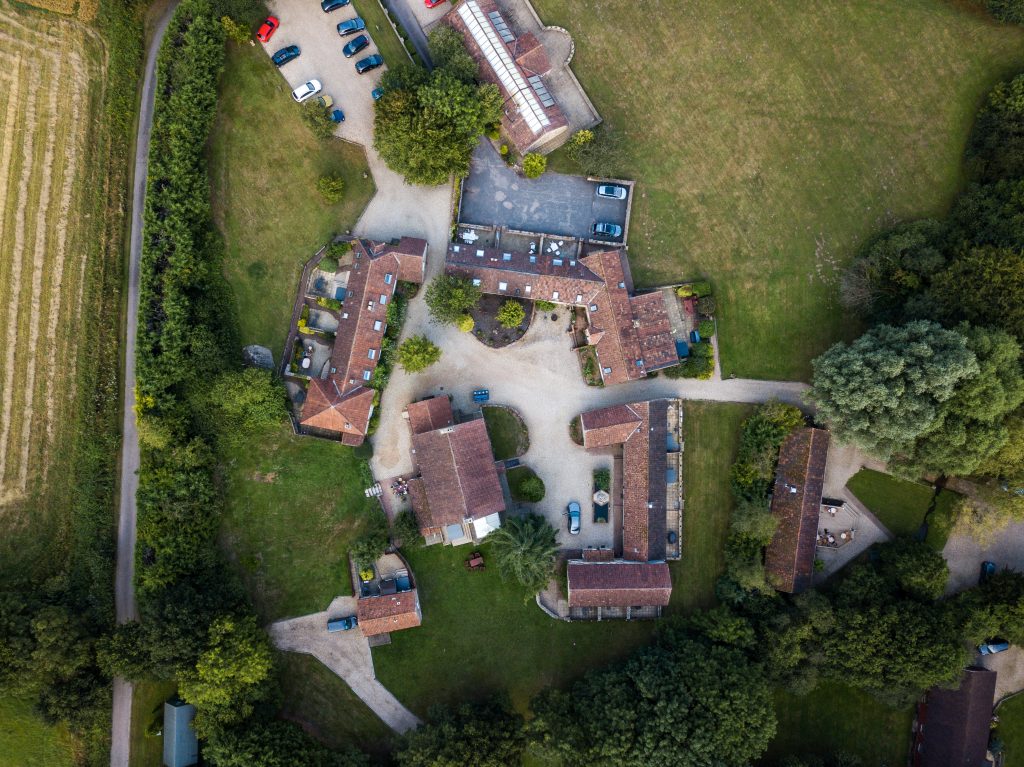Embarking on a farm diversification project requires comprehensive planning and financial consideration. Farmers and landowners looking to diversify their operations can leverage various funding opportunities, including the evolving list of DEFRA and RPA-administered grant funding schemes.
We’ve encountered many projects, that prior to our involvement, had become overly “grant-led”, meaning the fundamental outcomes, planning, preparation, and briefing of professionals were rushed and overlooked in order to meet grant deadlines. In many cases, this resulted in issues and expenses further down the line, due to incomplete or undelivered information, unviable designs, or permissions.

How can you ensure grant deadlines are met, funding is maximised and your project succeeds on a cost, quality and time basis?

As the sole project manager for various clients and their respective projects, the team at Dudley Peverill are committed to helping clients obtain capital funding through the various available schemes, where appropriate, such as the Farming Investment Fund (FIF) and the Rural England Prosperity Fund (REPF), both offering large capital grants in some instances, which can be critical to the viability of projects.
Grant percentages and sizes vary depending on the grant and how they are administered. for example, we’ve submitted and gained grant funding from the Added Value (FIF) and REPF for clients during the first rounds to date, each offering in some cases up to £300,000 for capital projects (40% of a total £750,000 eligible project expenditure). It must be recognised that this is a significant capital grant and therefore, these grant applications themselves require meticulous planning, the provision of evidence of financial viability, and alignment with grant priorities in order to justify the application.
How can you ensure grant deadlines are met, funding is maximized, and your project succeeds on a cost, quality and time basis? Below we explore some key techniques and tips to help you do just that…
Start now, get perfect later
It can be hard to know where to start with grant applications, particularly where costs, forecast figures and exact project outcomes aren’t yet fully understood. However, it’s important to make a start as soon as possible, and update the information as and when appropriate, this will save time and help with improving your understanding of the project, providing impetus to work on feasibility studies, business plans and more.


Focus on business planning
Firstly, nearly all large capital grant applications require varying levels of financial forecasts, budgets, and plans. Furthermore, business planning is essential for attaining other forms of finance and assessing whether a project is a good financial decision. Ensuring that you’re on top of business planning from the start of the projects will make the application easier, and the figures used more accurate.
Set deadlines
Being focused and disciplined with time by setting deadlines is critical to meeting the grant deadlines themselves. This is applicable not only to the grant applicant, but professionals, contractor and suppliers, who may be providing the various information required to complete the application. With many moving parts attributable to projects and individuals involved, good project managers will continually evaluate how different components and deadlines interact .It’s vital that everyone delivers on time to prevent delays to the schedule and missed opportunities.

Invest in good professional advice and resource
Many landowners and farmers are kept busy with the day to day operation of their businesses, reducing their time available to invest in grant applications and driving the wider project. Investing in additional resource by way of project management can ensure projects and deadlines are progressed on time, cost and quality.

Additionally, investing in good professional advice will help ensure applicants have additional experienced resource and skillsets to use to ensure timely and successful outcomes. For example, using an excellent planning consultant will likely reduce delays in the planning process (something which is known to inhibit rural capital grants) and positively influence the decision outcome.
Once a grant funding agreement is secured, applicants must ensure they adhere to the relevant grant conditions and submit claims with the necessary evidence and information. Grant agreements often have claiming windows, necessitating prompt action to avoid forfeiting the grant. Throughout the process, maintaining open communication with grant authorities and stakeholders is vital, especially where circumstances change, such as timescales.
Dudley Peverill have successfully gained capital grants for various client projects. If you’re considering a project, and applying for grant funding, don’t hesitate to reach out.

